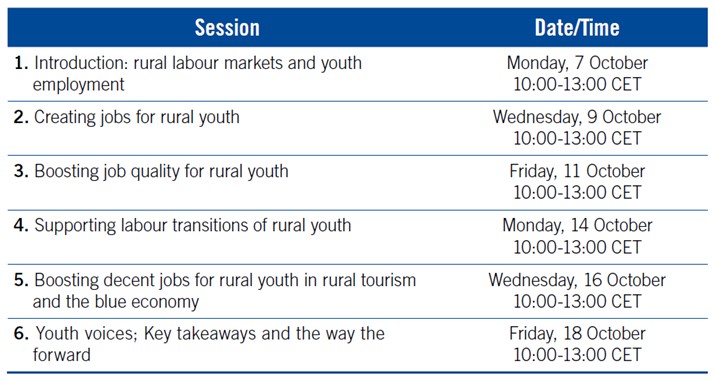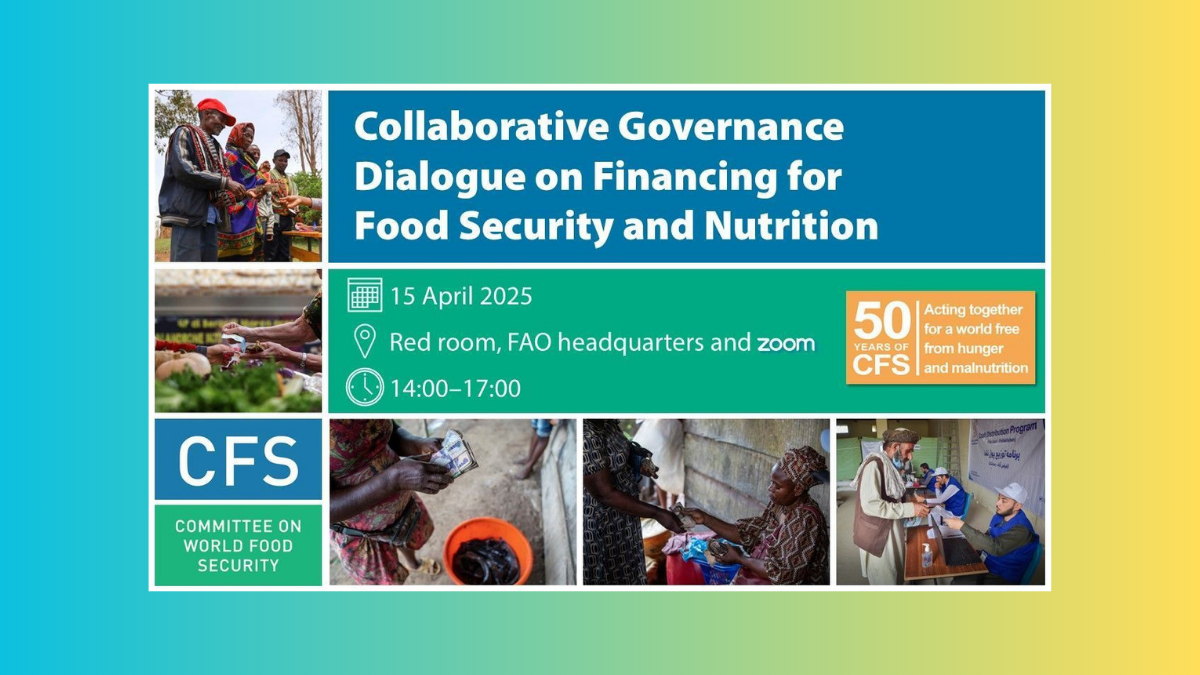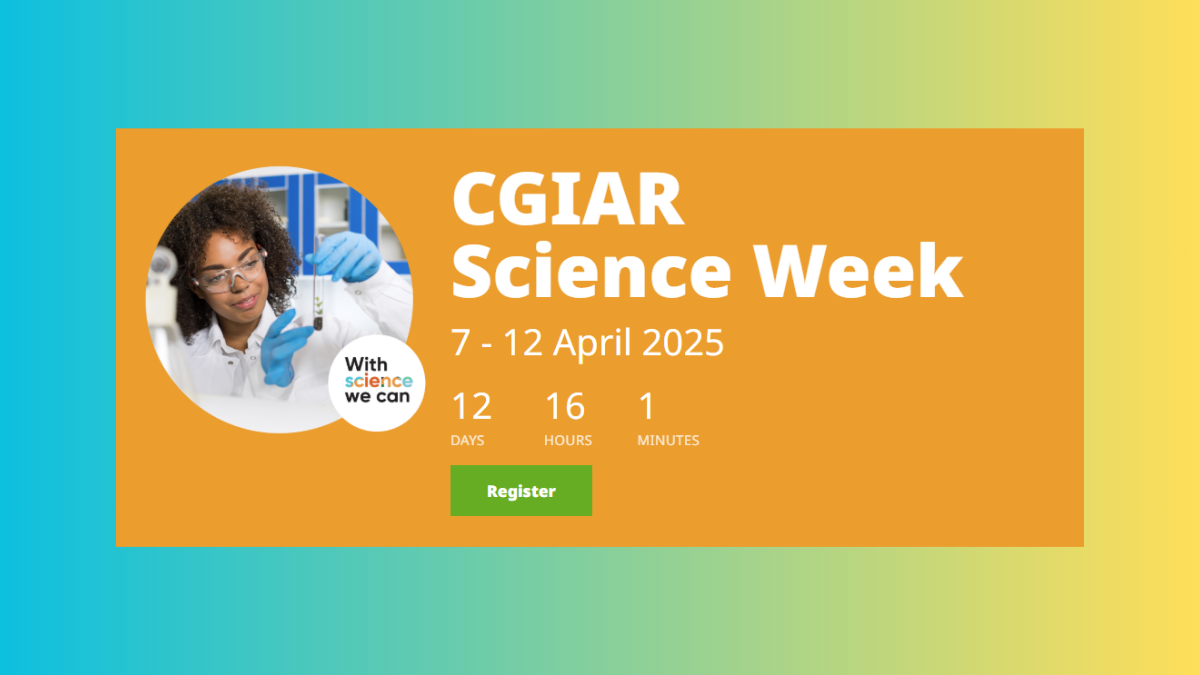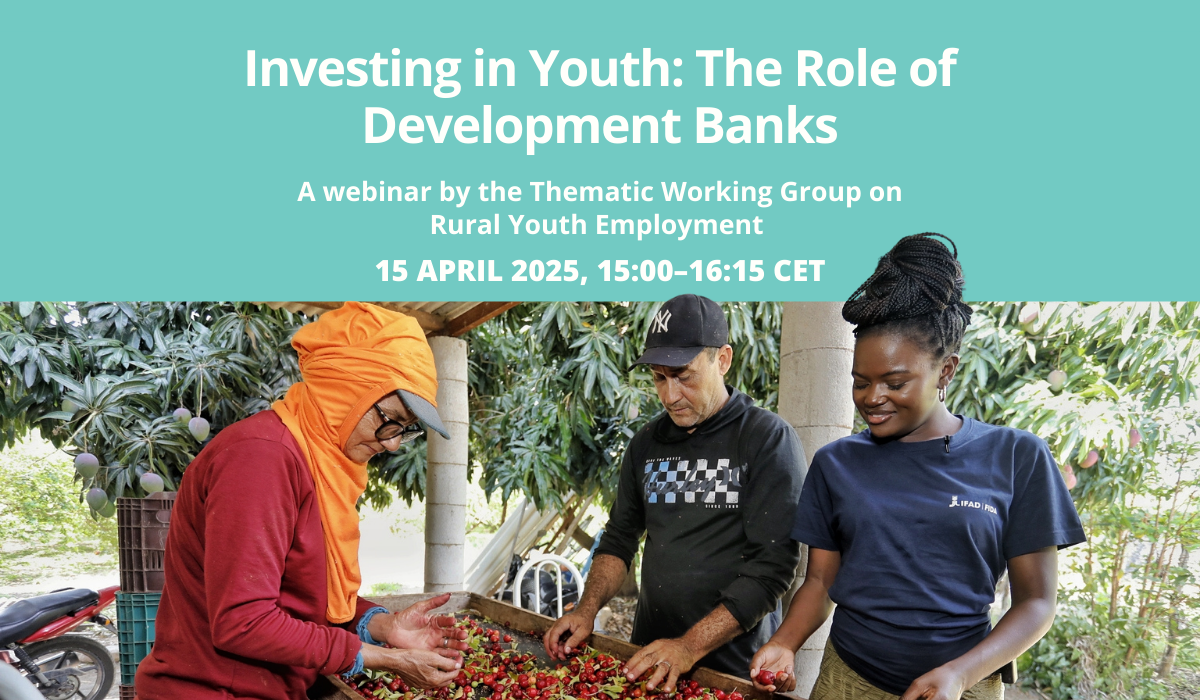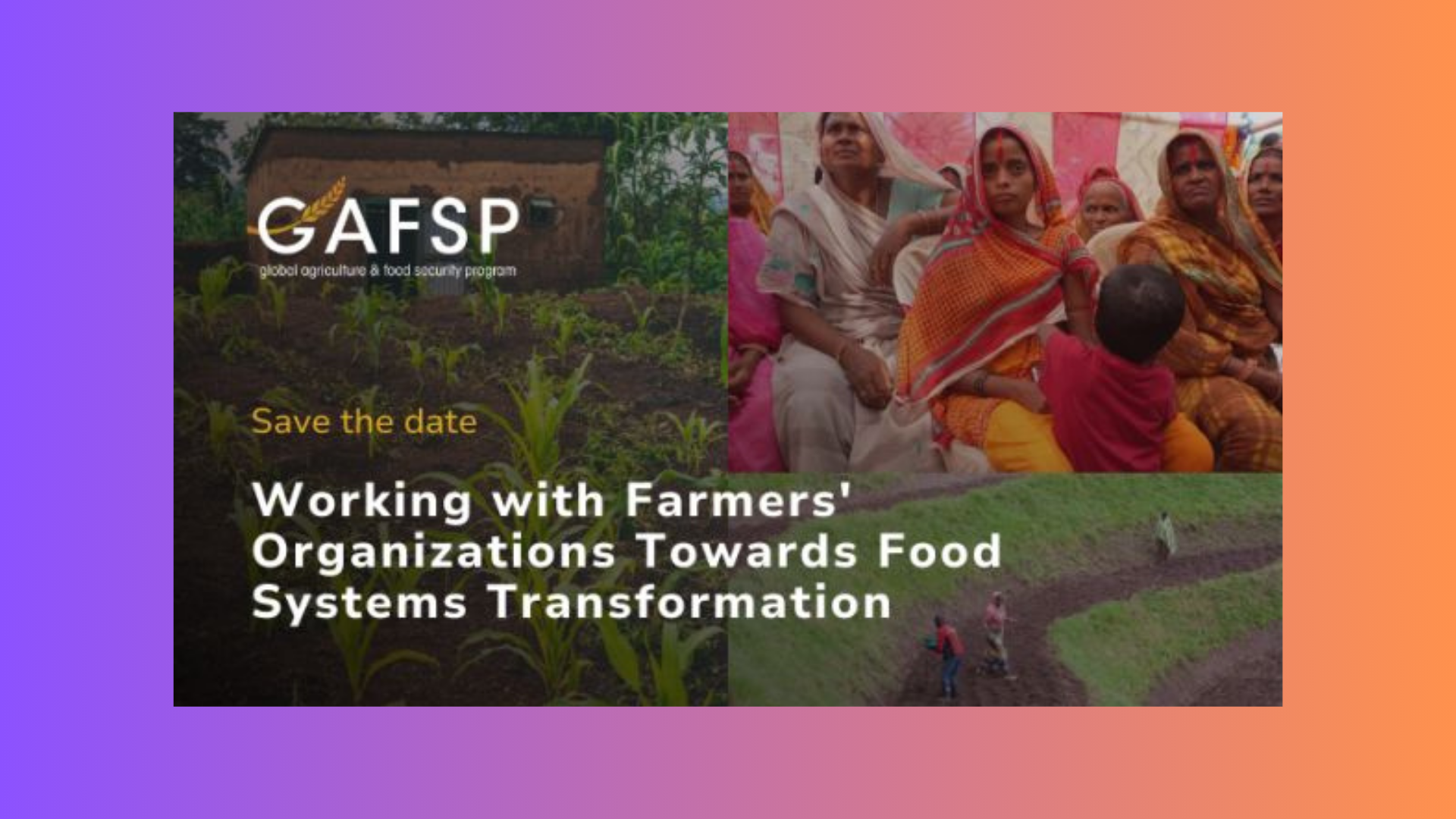7–18 October 2024 | Online (E-Campus) Training

Links
Learn more about rural youth employment
The rural economy holds significant potential for creating decent and productive jobs and contributing to sustainable development and economic growth. It accounts for a significant share of employment and output in many developing countries but is widely characterized by severe decent work deficits and poverty, hosting nearly 80 per cent of the world’s poor. Youth are particularly affected by this. In particular, the majority of African youth live in rural areas, and their number is expected to increase for decades to come. They face particular challenges in accessing productive employment due to multiple constraints, both on the supply side (e.g. lack of skills) and the demand side (e.g. insufficient jobs and economic opportunities).
This course aims to address these issues by providing an in-depth understanding of the context of rural employment in developing countries, outlining the particular challenges faced by rural youth, and young women in particular. It will explore the various policy elements and intervention approaches that are needed to support rural youths.
The course is of particular interest to policy-makers, planners, technical officials of relevant ministries, and other technical experts from relevant institutions. In particular, the course caters for policy advisors and practitioners from ministries of labour and employment, agriculture and rural development, economy and planning, other sectoral ministries, social partners, researchers and policy analysts from international, regional and national organizations, academia and donor organizations, particularly those who are active in the area of rural development. A gender-balanced participation is sought.
The training will be held online for a duration of two weeks, offering an intense program of 25 hours of learning. It will combine learning activities in the course platform with 6 days of virtual classroom. The virtual classroom will offer live webinars (3 hours per day), with peer and trainer interaction, individual and structured group activities. A substantial amount of the time will be dedicated to experience sharing. Attendance of the webinars will be compulsory.
Training is available in both English and French. The application deadline is 7 September 2024.
Preliminary agenda:
